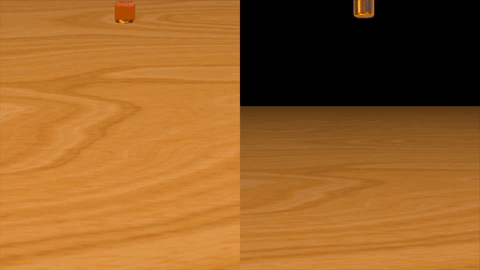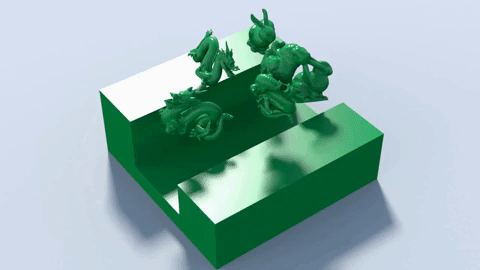Physics-based animation can be used to test the strength of bridges and to make realistic animated films that blow your mind.
An article by Mirjam Guesgen excerpted from Motherboard, a multi-platform multimedia publication.

His animations mostly form the basis of intricate special effects in films, but they have wider scientific appeal: His techniques are also used to view or measure phenomena that either don’t exist on Earth or are too dangerous in real life. Think how a bridge might react to strong winds, or how building a dam could alter river flows.
Batty says that a particular method for simulating bubbles he developed with colleagues from Columbia is now being used to model how an embryo develops in the womb.
He describes his field of physics-based animation as a marriage of computer science and physics. His goal is to come up with mathematical equations that describe the motion of everyday objects such as water, hair, clothing or honey.
Computer animation of honey coiling (Egor Larionov, Christopher Batty, Robert Bridson)

Computer animation of a viscous liquid (Ryan Goldade, Christopher Batty, Chris Wojtan)
